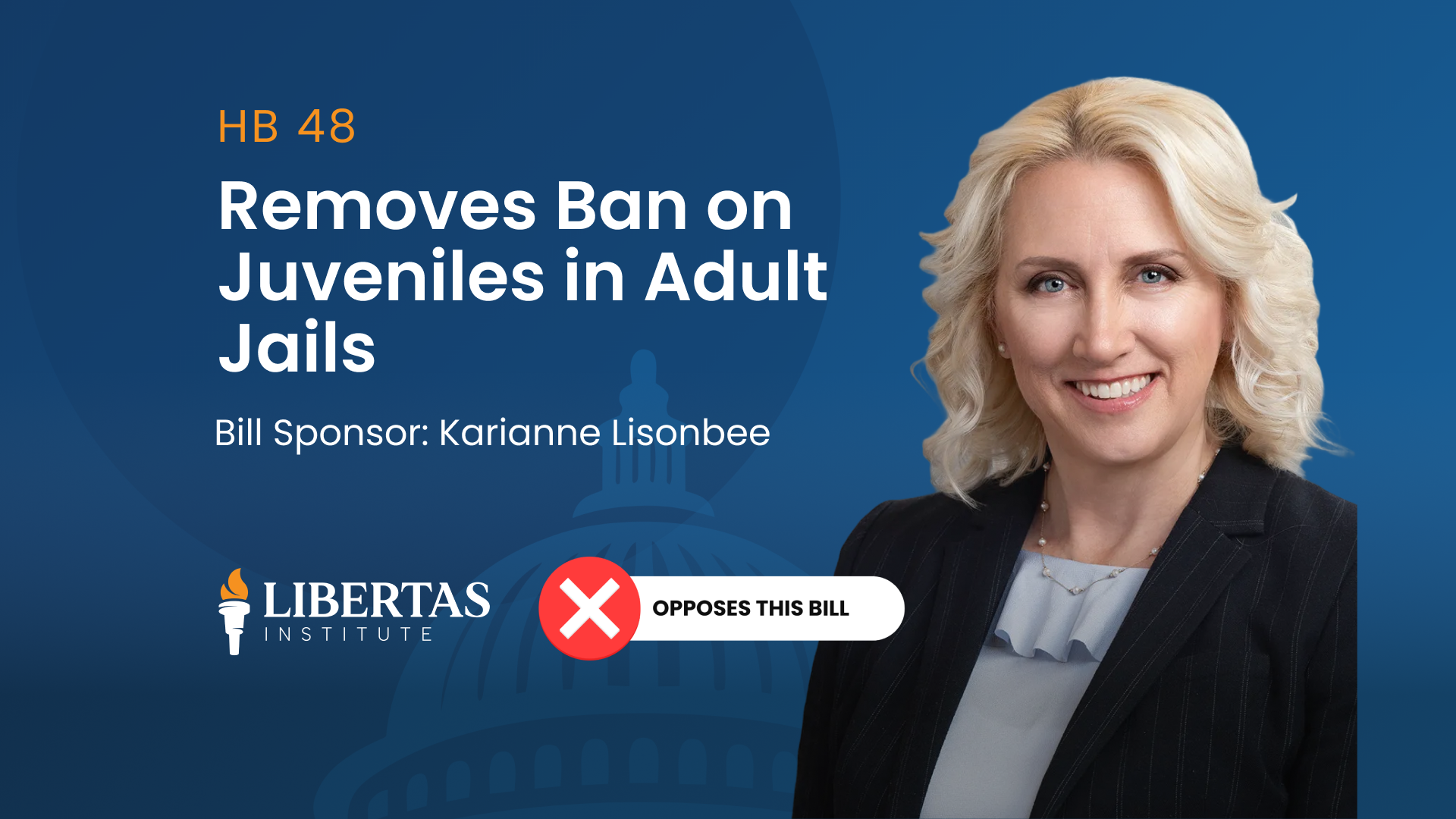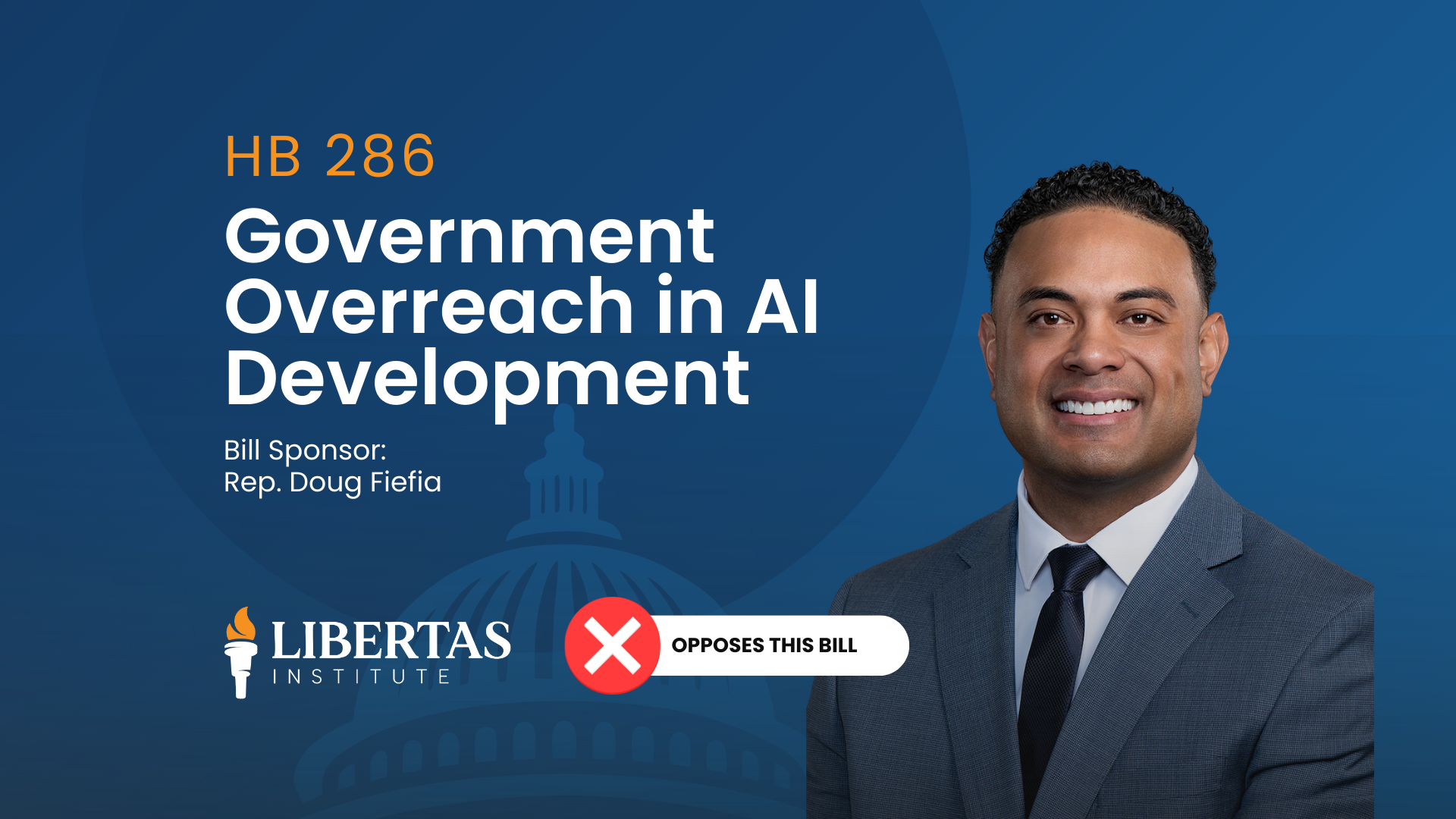To track the status of this bill, find it on our Legislation Tracker. Click here to contact the sponsor of the bill to share your thoughts, or click here to email your Senator and Representative about it.
Libertas Institute supports this bill
Elected officials should not ask police officers to risk their lives in high-risk warrant situations unless the circumstances justify it. Searching for drugs is not worth having an officer die. (And this has happened in Utah.)
77% of forcible entry warrants served in 2019 were for drugs. And 26% of warrants were no-knock warrants, most of them served at night. This increases the risk that a homeowner might think they are being invaded, prompting them to shoot back. This is what happened in the Breonna Taylor situation this summer, where she died because of a botched warrant service. It happens frequently across the country.
Representative Craig Hall is sponsoring House Bill 245 to ensure that no-knock warrants are only utilized in cases “when there is an existing, imminent threat of serious bodily injury or death to a person inside the building.” This makes sure these potentially violent or fatal encounters are reserved for situations where there is already a danger to human life.
The bill also requires knock-and-announce warrants to be served by having officers truly “knocking and announcing,” giving sufficient time for the occupants to respond. Officers are required to “knock loudly and demand admission at least three separate times” and then “wait at least 30 seconds for an occupant to admit access after knocking and demanding admission for the third time.”
This codifies a standard in place to ensure that officers do not knock and then immediately enter, effectively circumventing the restrictions on no-knock warrants. Occupants should be given sufficient time to respond to the officers so as to prevent the destruction of property (the front door) and risk to life.
HB 245 also requires that a forcible entry warrant (no-knock or knock-and-announce) be served during daytime hours unless the affidavit states sufficient grounds to believe a search is necessary during nighttime hours. 43% of warrants in 2019 were served at night. This increases the danger for all involved parties, so it should be reserved for situations where circumstances require the cover of night to enter a residence.
Law enforcement’s mandate to protect public safety is an important one, but high-risk situations should be reserved for cases that justify the dangers involved.




